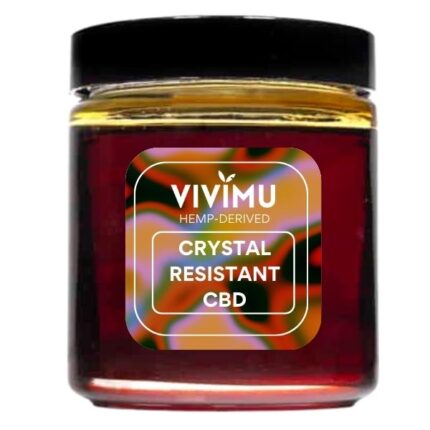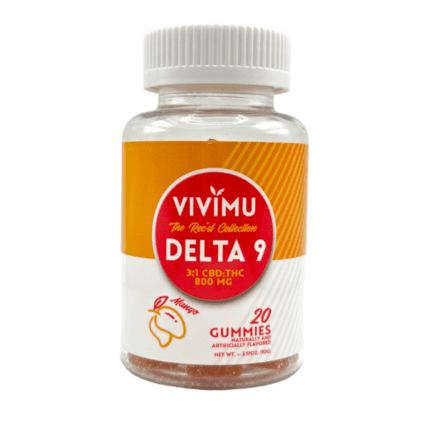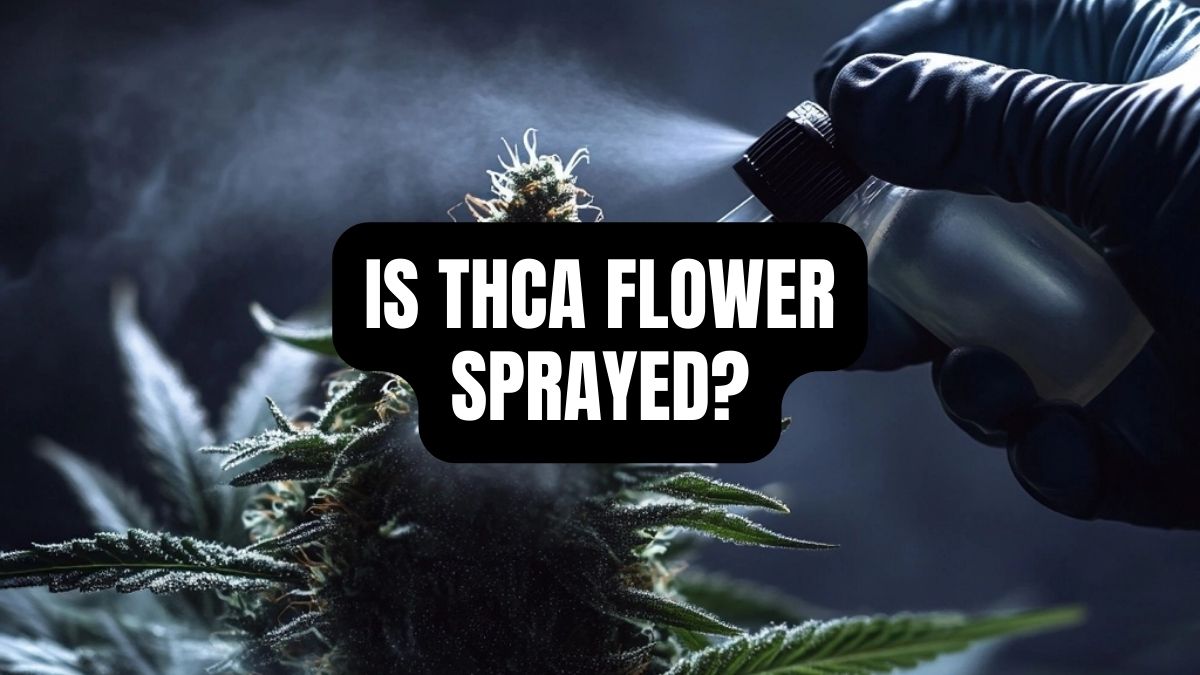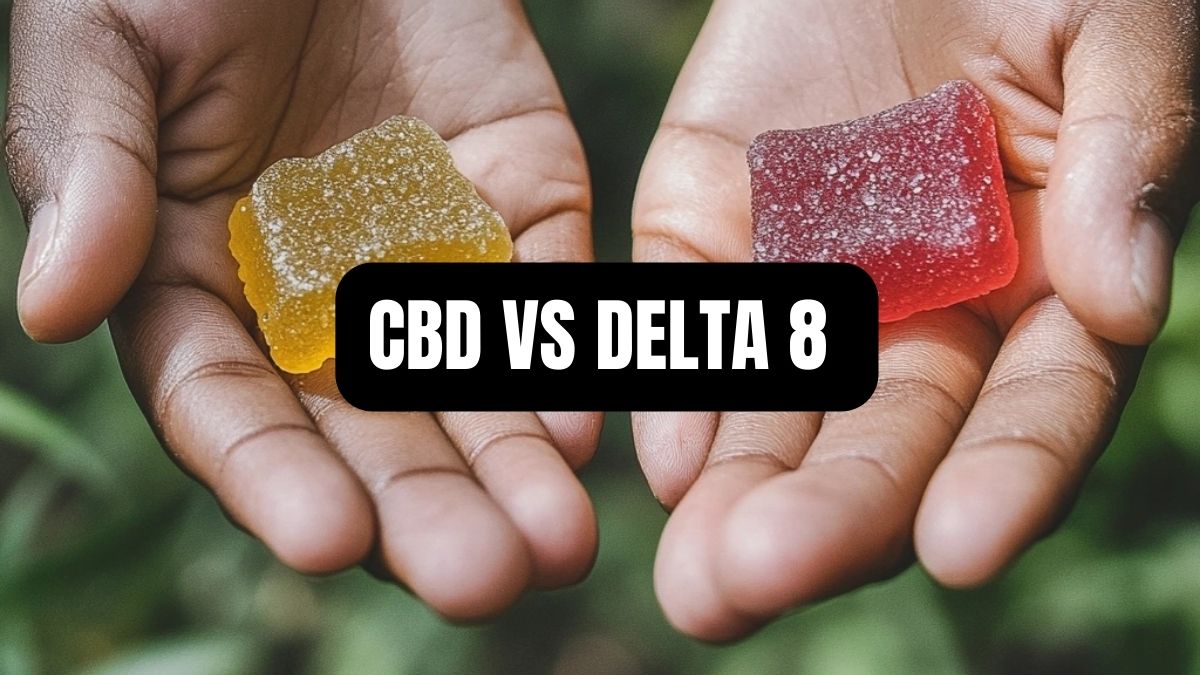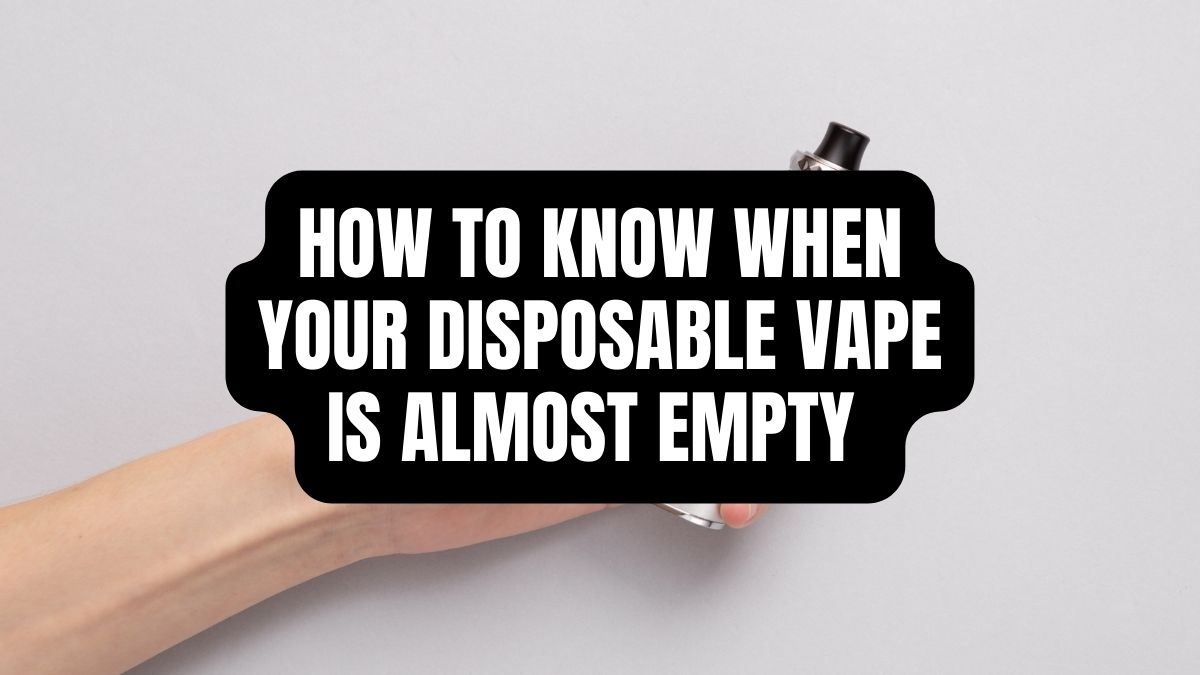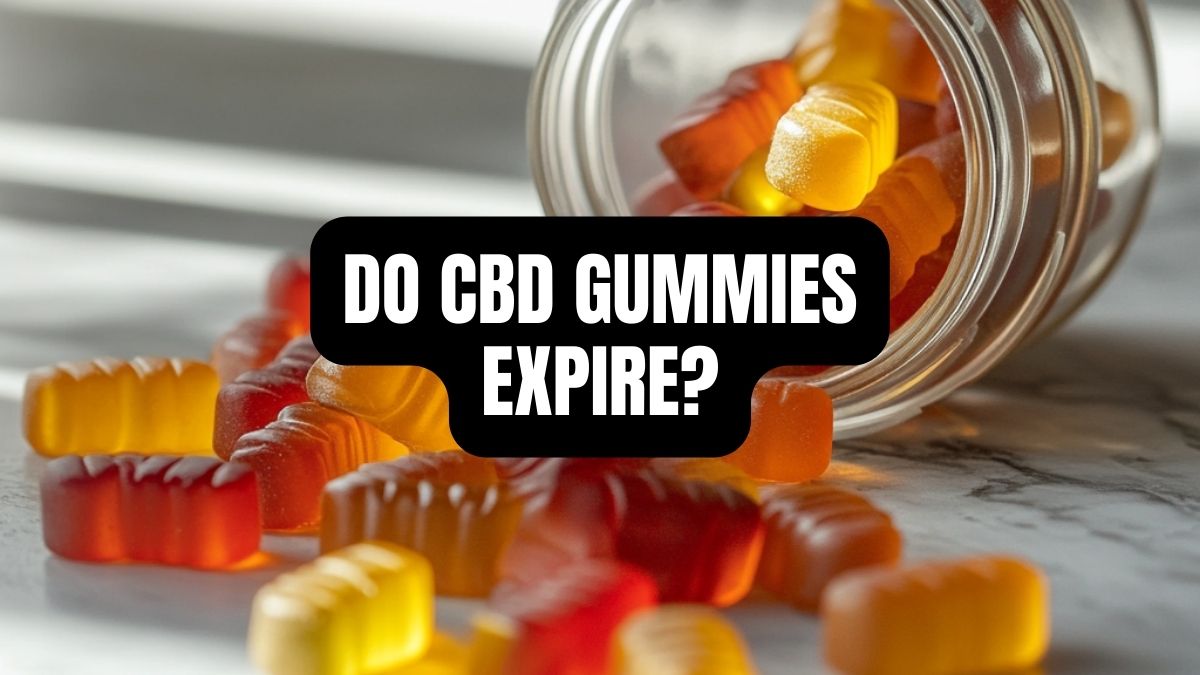
Anyone who wants to buy hemp-derived products needs to understand Tennessee’s laws about CBD. The question, “Is CBD Legal in Tennessee?” has a clear answer: CBD remains legal provided it complies with both state and federal laws. Tennessee has implemented stricter legal requirements for retailers and consumers through recent legislation that covers licensing requirements and introduces age restrictions and new taxation policies. The new regulations were established to maintain control over CBD sales while protecting consumer access to safe products. A clear understanding of Tennessee’s CBD regulations enables proper navigation for both personal use and business operations in the state’s changing CBD environment.
Key Takeaways
- Tennessee allows hemp-derived CBD products provided they hold THC levels below 0.3% but maintains a ban on recreational marijuana use.
- Tennessee law mandates that purchasers must reach 21 years of age, and retailers who allow minors inside must keep CBD products behind counters.
- Since July 2023, a 6% additional tax has been applied to CBD product sales in Tennessee together with standard sales tax.
- State regulations mandate that retailers selling hemp-derived cannabinoids secure a Tennessee Department of Agriculture license before October 2024.
- Tennessee mandates strict labeling and testing standards for hemp-derived cannabinoid products, which require child-resistant packaging and complete ingredient disclosure.
- Is cannabis legal in Tennessee? If we are referring to a product with more than 0.3% THC by dry weight, the answer is no.
-
 Delta 9 CBD Gummies – REC’d 3:1$29.99 – or subscribe
Delta 9 CBD Gummies – REC’d 3:1$29.99 – or subscribe -
 Crystal Resistant CBD$7.00 – $199.00 – or subscribe
Crystal Resistant CBD$7.00 – $199.00 – or subscribe -
 CBD Isolate$9.99 – $599.99 – or subscribe
CBD Isolate$9.99 – $599.99 – or subscribe
CBD Laws in Tennessee: What You Need to Know
The 2018 Farm Bill transformed hemp-derived CBD regulation by separating industrial hemp from marijuana and eliminating its Controlled Substances status. The federal law enabled Tennessee residents to cultivate, market, and buy hemp-derived CBD products within the boundaries of strict requirements. Tennessee continues to ban recreational and medical cannabis while permitting hemp-derived CBD, which maintains a distinct legal separation between hemp and cannabis.
Material Requirements
The source of CBD products must be industrial hemp, defined as cannabis sativa with less than 0.3% THC by dry weight. The distinction between hemp-derived products and marijuana remains essential since it distinguishes legal hemp products from marijuana, which contains higher THC levels. To comply with state and federal guidelines, consumers need to check their CBD source.
Concentration Limits
Final CBD products must maintain a THC level below 0.3%, which demands meticulous extraction techniques from manufacturers. Consumers interested in legal CBD products within Tennessee need manufacturers to disclose their extraction methods and testing protocols transparently. Selecting trusted brands that offer Certificates of Analysis enables consumers to validate both the legality and quality of their products.
Labeling Rules
The Food and Drug Administration (FDA) regulates the market for CBD products following the 2018 Farm Bill. Manufacturers cannot make therapeutic claims about their CBD products or label them as dietary supplements. FDA regulations prohibit medical claims on products, so consumers need to choose brands that comply with the Federal Food, Drug & Cosmetic Act (FD&C Act).
Licensing Requirements
Tennessee Department of Agriculture licensing is required for anyone who wants to produce hemp-derived CBD in the state. State authorities perform inspections of both crops and inventory belonging to licensed growers to verify their adherence to legal requirements. Regulatory transparency and industry accountability are maintained through the continuous availability of license applications.
Possession Limits
Tennessee residents may carry unlimited CBD as long as it meets federal standards for THC content. The ability to purchase larger amounts of CBD products exists since consumers remain within legal boundaries by choosing products that meet compliance standards.

Is CBD Legal in Tennessee?
Yes, the 2018 Farm Bill made hemp-derived CBD products containing low THC levels legal for use in Tennessee. The state experienced a major advancement since it struggled to establish a complete medical marijuana system. The following passage provides a concise timeline of CBD’s legal history in Tennessee.
- 2015: The state of Tennessee launched its hemp pilot program, which permitted licensed farmers to grow industrial hemp within specific guidelines according to the 2014 Farm Bill.
- 2016: The signing of Senate Bill 2125 created a legal distinction between marijuana and hemp by officially designating cannabis with 0.6% or less THC as hemp for approved medical research institutions during its growth, manufacture, distribution, and possession.
- 2017: House Bill 1164 expanded Tennessee’s legal framework for hemp products, which must contain less than 0.3% THC. The state forwarded its hemp plan documentation to the U.S. Department of Agriculture.
- 2018: The Farm Bill brought federal legalization of hemp-derived CBD with low THC content, while Tennessee enacted comparable state legislation.
- 2020: The USDA gave its approval to Tennessee’s hemp plan through the U.S. Domestic Hemp Production Program. Domestic Hemp Production Program.
Legal Status of CBD in Tennessee
The legal framework for CBD in Tennessee revolves around its classification as a hemp-derived product. Key milestones include:
- 2015: Launch of Tennessee’s hemp pilot program under federal guidelines.
- 2018: Adoption of the Farm Bill legalizing hemp-derived CBD nationwide.
- 2024: Implementation of licensing requirements for retailers selling hemp-derived cannabinoids.
The regulations dictate that only businesses with proper licenses can sell CBD products, and they must adhere to strict quality standards. Local farmers and businesses have seen new opportunities because hemp farming expanded rapidly following these laws. Sellers maintain legal operation rights within the state by meeting all licensing requirements and tax obligations.
Can I Buy CBD in Tennessee?
Yes, licensed retailers in Tennessee and online platforms both sell CBD products. So that means you can buy it! Statewide availability offers numerous choices for oils and edibles as well as concentrates. It’s important to remember that these products can only be bought by individuals who have reached the age of 21. Retail stores provide multiple brand options for customers who prefer different products, such as flavored tinctures or hemp flower pre-rolls. Online shopping gained popularity because consumers can easily access wider selections of products like CBDa isolate or CBD concentrate options. Ensure product quality by checking for third-party lab test results before making a purchase.
-
 Mango Delta 9 CBD Gummies$29.99 – or subscribe and save up to 25%
Mango Delta 9 CBD Gummies$29.99 – or subscribe and save up to 25% -
 Grape Delta 9 CBD Gummies$29.99 – or subscribe and save up to 25%
Grape Delta 9 CBD Gummies$29.99 – or subscribe and save up to 25%
Can I Buy CBD at a Dispensary?
Yes, people can purchase CBD from dispensaries located all around Tennessee. Please be aware that certain dispensaries can have an age restriction on who can enter and make purchases.
Can I Buy CBD Online?
Yes, Tennesseans can conveniently purchase CBD through online shopping platforms. Vivimu provides superior CBD Distillate, CBD Concentrate, CBD Gummies, and CBDa Isolate Products, which have received validation through third-party lab testing. Online shoppers must validate product quality by reviewing Certificates of Analysis (COAs). Buyers can make educated purchase decisions through thorough product descriptions and customer reviews available on online platforms. Vivimu ensures complete transparency by subjecting every product to thorough testing before it reaches store shelves and customers. Discover Vivimu’s collection of CBD products now and choose your preferred strain confidently.
How Old Do You Have to Be to Buy CBD in Tennessee?
You must be at least 21 years old to legally purchase CBD products in Tennessee. Before completing sales transactions, retailers must verify customer identification. The age limitation for CBD product purchases in Tennessee matches the state’s updated cannabinoid sales regulations. Some states permit people over 18 to acquire hemp-based products, but Tennessee chose to implement more stringent age restrictions to better control access. This policy covers all retail channels, including online purchases, so you must bring your ID when shopping for your products.
Can I Sell CBD Products in Tennessee?
Yes, in Tennessee, CBD product sales are legal when sellers acquire the necessary license from the Department of Agriculture. The law requires retailers to follow strict guidelines for product labeling and testing while also collecting required taxes. For businesses serving customers under 21 years old, the recent rule mandates proper storage facilities to enhance safety in cannabinoid sales. New business owners entering this industry need to understand federal regulations, including THC limits, alongside their respective state-specific rules, such as tax collection requirements. Sellers who follow established regulations strengthen customer trust and support the positive development of their industry.

Final Thoughts
Is CBD legal in TN? The answer is yes. Tennessee maintains both customer safety and business accountability through its regulatory framework for hemp-derived cannabinoids. By understanding local and online cannabis laws, you can make informed purchasing decisions that ensure compliance with legal requirements and quality standards. A range of products, from oils and tinctures to CBDa isolates, exists to meet the needs of consumers who prioritize both quality and compliance with regulations.
Would you like to ask further questions regarding CBD products? Learn more about our blog offerings or send us a message through support@vivimu.zendesk.com. For assistance, feel free to contact us at +1 720-955-1667. The Vivimu expert customer support team stands ready to provide assistance.

